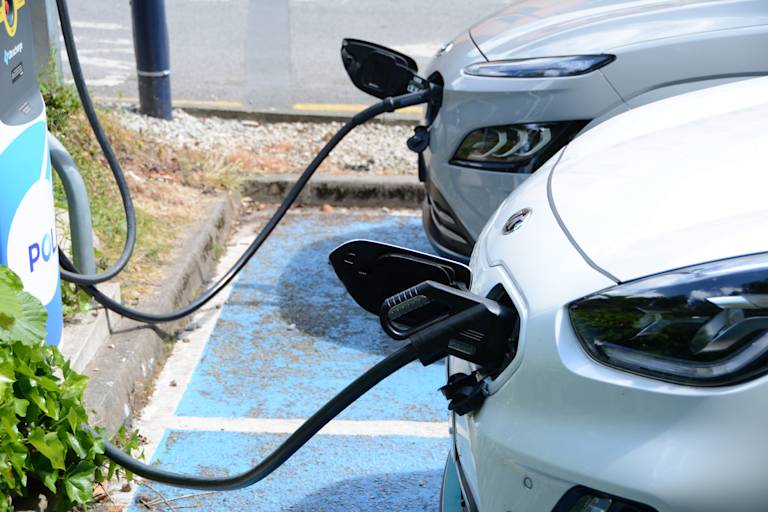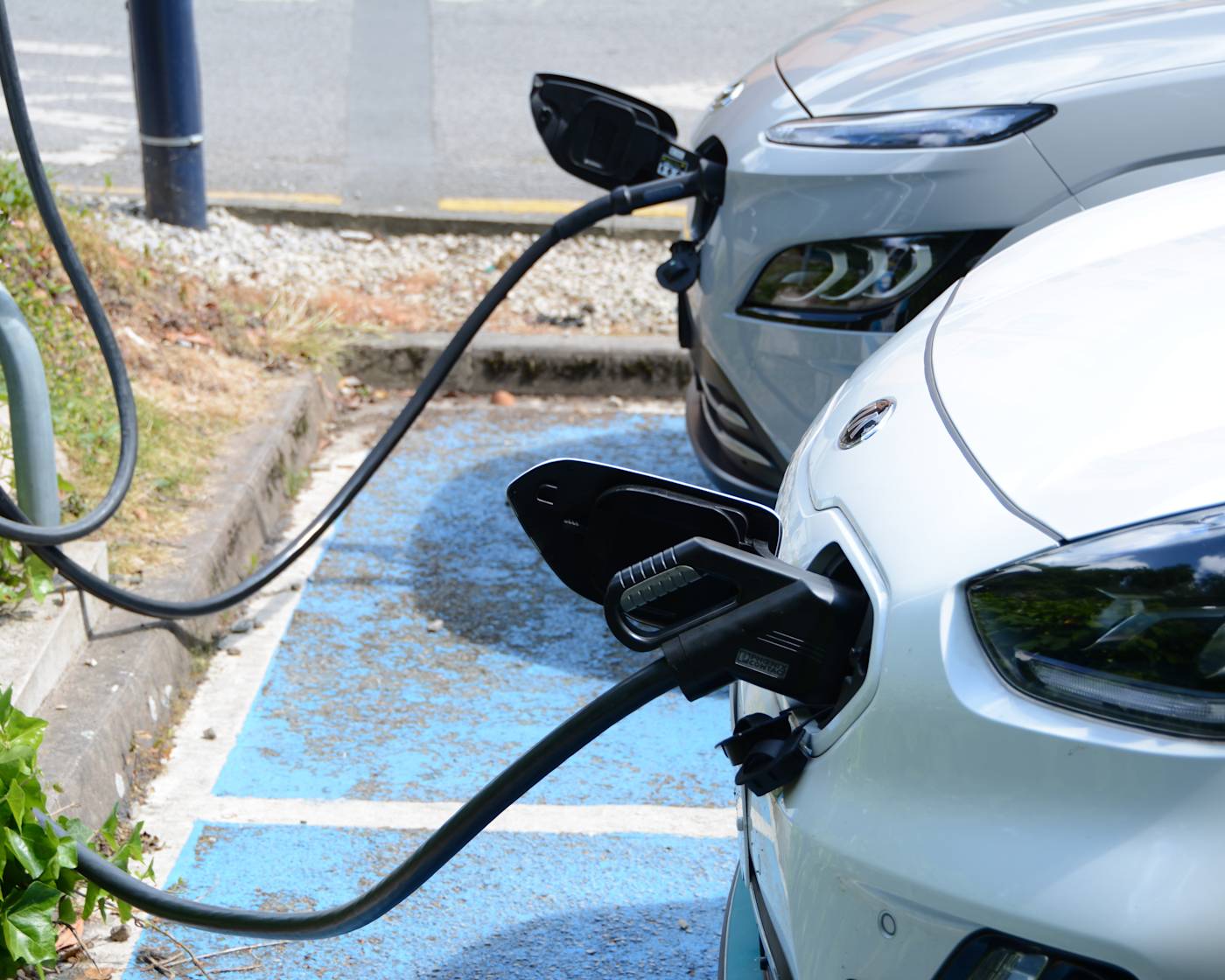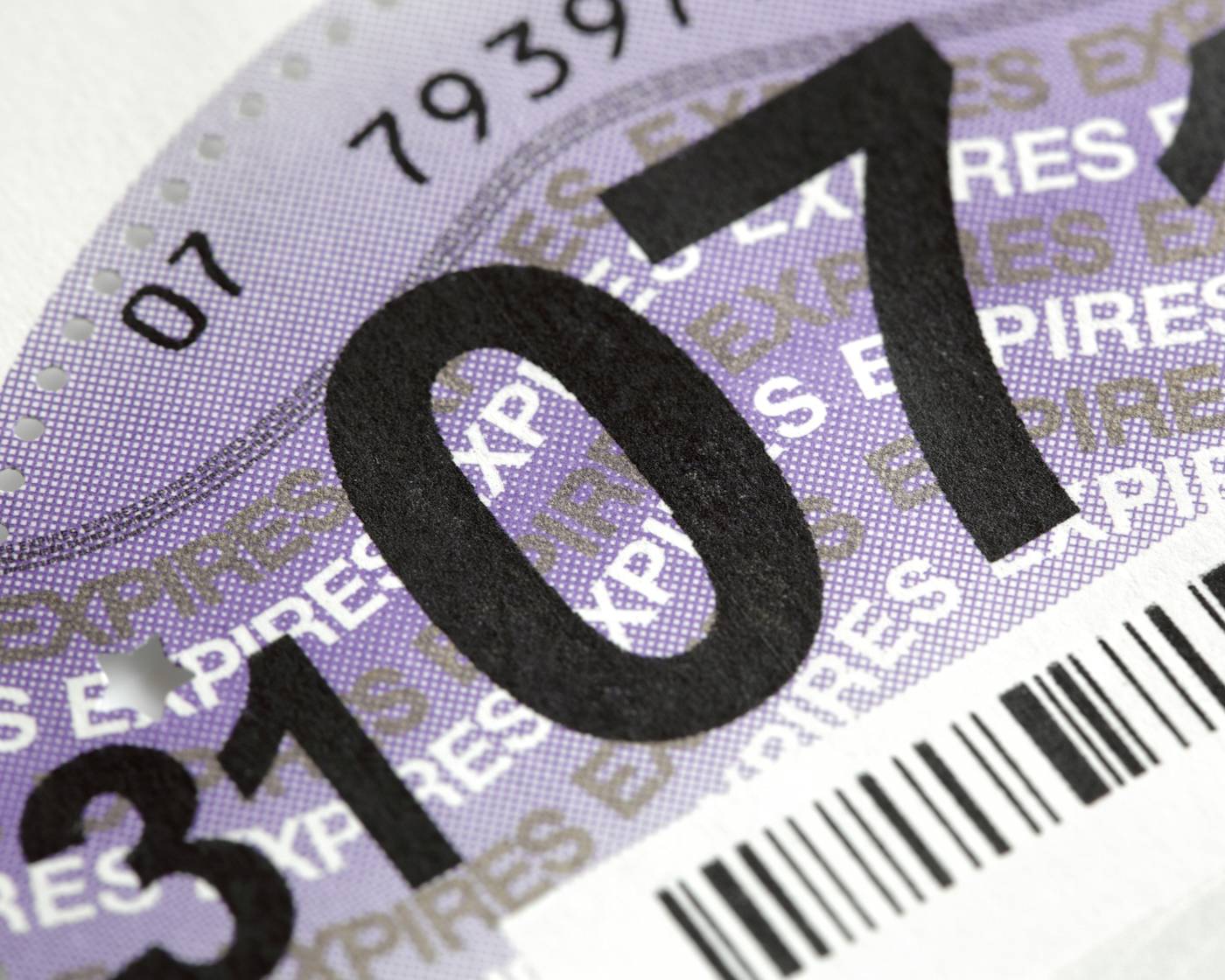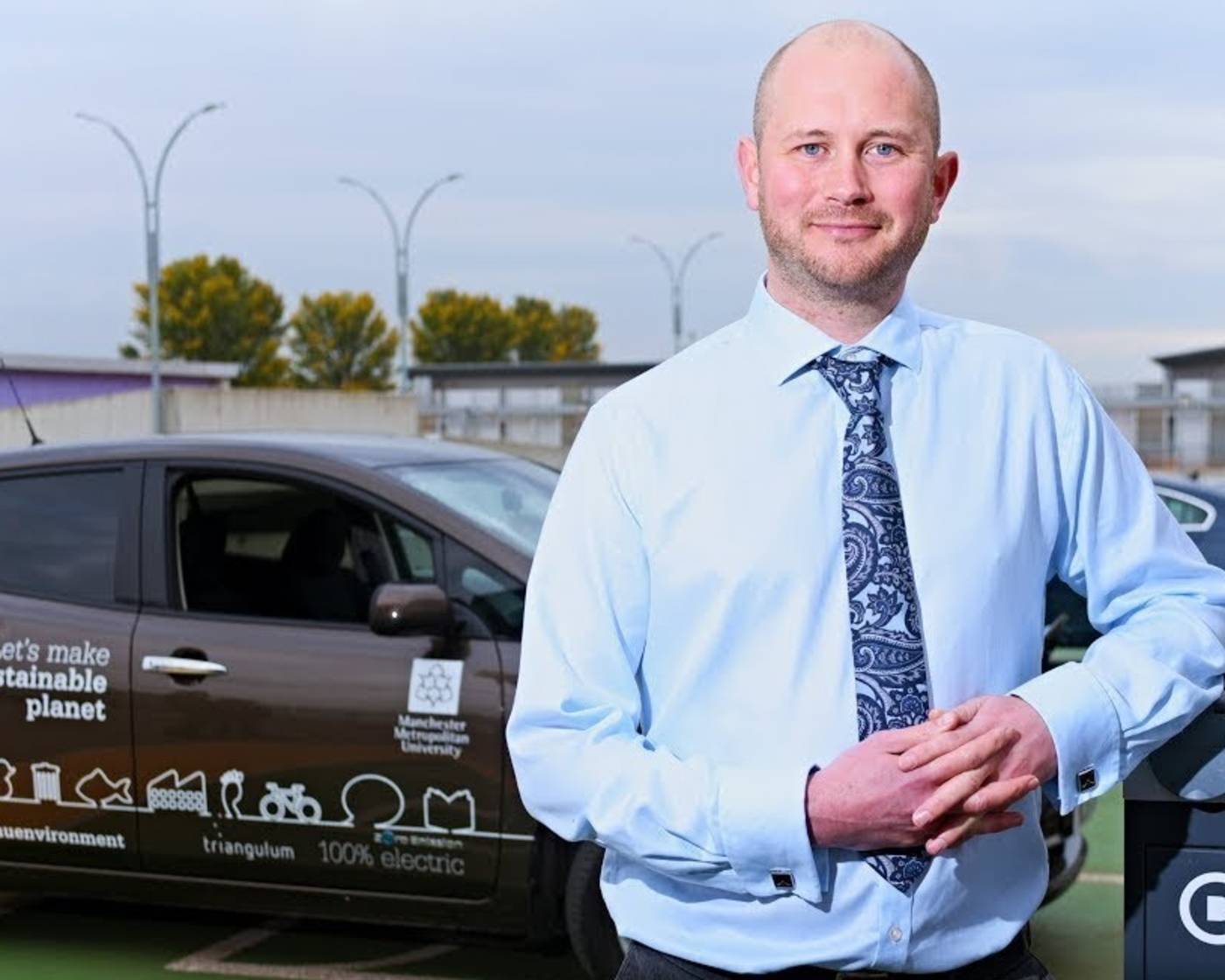
Is EV for me? Private hire vehicles
Is an electric PHV worth it?
Of course we want you to go electric, but we don't want you to make a bad investment. It's too important. So, should you go for it?
Here's our two-minute guide.
YES, it's a no-brainer
If you drive more than 25,000 miles a year in your PHV and have off-street parking.


So, how do the sums stack up?
You could save £thousands by going electric*
50,000 miles a year – save £11,900
35,000 miles a year – save £4,000
25,000 miles a year – save £2,200
*Figures are based on buying an electric car outright and charging, maintenance and 'road tax' costs over three years.
Of course, your exact savings will vary - it depends on how you use your vehicle. So, where will those savings be made?

Half the fuel cost
Cost per mile is normally half that of diesel for a similar vehicle. You can work out typical costs with this home-charging calculator.

£FREE 'road tax'
Most electric cars are zero-rated for Vehicle Excise Duty (what used to be called ‘road tax’). You can check VED savings here:

Cheaper maintenance
Save up to 25% on your maintenance bills. Electric cars are more reliable than diesel and petrol, especially if you make a lot of short journeys.

Meet new Minimum Licensing Standards
Greater Manchester’s licensing authorities will be introducing a set of common minimum standards for all locally licensed PHVs and hackneys, including minimum emission standards.
Be.EV taxi membership scheme and exclusive taxi charging points
Greater Manchester-licensed taxi and PHV drivers can now join a free membership scheme to get reduced rates when using one of 60 new Greater Manchester taxi and private hire Be.EV rapid chargers.
Tony saves £100 a week in his EV
“After working the figures out, it was a no-brainer.”
What's stopping you?
Let's talk batteries, range and second-hand electric cars.
What kind of range can I get from an electric car?
A typical electric car suitable for use as a PHV, such as a Hyundai Ioniq or Kia e-Niro, can do from 150 up to around 300 miles on a single charge.
You could get even more miles by driving smoothly and efficient use of the air conditioning.
Greater Manchester has around 70 rapid charging points that can charge a PHV up to 80% in 45 minutes. And we’re introducing 60 PHV/hackney-only rapid chargers in the future.
Will the battery fail or fade out after a few years?
A common misunderstanding is that EV batteries degrade as quickly as they do in your phone.
They don’t.
Most manufacturers offer up to a seven-year warranty on batteries to highlight how reliable they are. And EV batteries are made up of many small cells, so if one is faulty, it can be removed and replaced. You don’t have to change out the whole battery because of a few dodgy cells.
Does cold weather really affect range?
Many people believe that batteries die far more quickly in the cold.
What Car recently put the range loss on cold days at around 10-15 miles on a car with a 160-mile range. That’s less than 10%.
It's not as big a problem as you might think - unless you're planning to drive to the Arctic circle.
And did you know that you can pre-heat electric cars before you set off? You can heat the interior while charging and save the battery for the journey. Once it’s warm enough, you just need to maintain the temperature rather than use the battery to get to the level you want.
Should I buy second-hand?
EV batteries last much longer these days and the second-hand market is growing.
A three-year-old Hyundai Ioniq with 35,000 miles on the clock will set you back around £16,000 to buy outright. It'll have 150 miles of real-life range and costs very little to run. What's not to like?
The most important thing to check is the battery, and there are easy ways to do this. During a service, the manufacturer will always give the battery a health check so, if you’re buying a used electric car to use as a PHV, make sure you see the most recent battery test report.
Don’t forget – many manufacturers are giving battery warranties of up to seven years. Make sure you also get details of the battery warranty and any battery hire agreement which may come with the car.
What if I can't charge up at home or work?
If you don't have off-street parking, charging does get trickier. But modern, public rapid chargers can charge your car in under an hour. And you don't have to fully charge it every time.
You can add 50 miles of range in 15 minutes at a rapid charger. So, with a bit of thought, you can plan this into your schedule and never run out of charge. Obviously, that sounds like a hassle, but compare it to the gains - if you can save £30 on every single fuel stop with a bit of planning, isn't that worth it?
More public rapid chargers are going live across Greater Manchester all the time.
Many supermarkets now have rapid charging points - stock up and charge up at the same time.
Every motorway service has at least one rapid charging point.
To find a map of all the UK's charging points, head over to Zap-Map.
Confused about rapid v fast chargers? Check out our guide to charger types and typical charging times.
Seven years on, still going strong
"It's done almost 60,000 miles since new and is still at 100% battery health. In fact, it's only had new tyres and brake pads in seven years." - Paul Lewis, Travel Planning and Logistics Manager, Manchester Metropolitan University
Manchester Metropolitan University (MMU) have had their Nissan EN-NV200 electric van since 2014. The Facilities team originally used it to deliver and collect internal mail between the university's Crewe and Manchester campuses every day - a round trip of about 80 miles. Since the Crewe campus closed in 2018, it's making regular trips to various sites around Greater Manchester.
The van is one of MMU's 14 EVs, and Paul is pleased with its reliability and performance.

How do I get started?
Types of EV
Electric vehicles come in three flavours - 100% electric, plug-in hybrid and hydrogen fuel cell. Each has different benefits depending on what you need from your vehicle.
Find the right car for you
From saloons to hatchbacks and estates, there's a huge range of EV models available at prices to suit most pockets. Check out the Go Ultra Low vehicle selector to see what's on the market.
Help installing home or business charging points
The government has grants available for people and businesses looking to install chargers at home or work. You can find out more and apply for a grant at the Office for Zero Emission VEhicles (OZEV) website.
More advice
For the latest advice and help to save money on energy, including becoming an EV driver, check out the Energy Saving Trust website.

